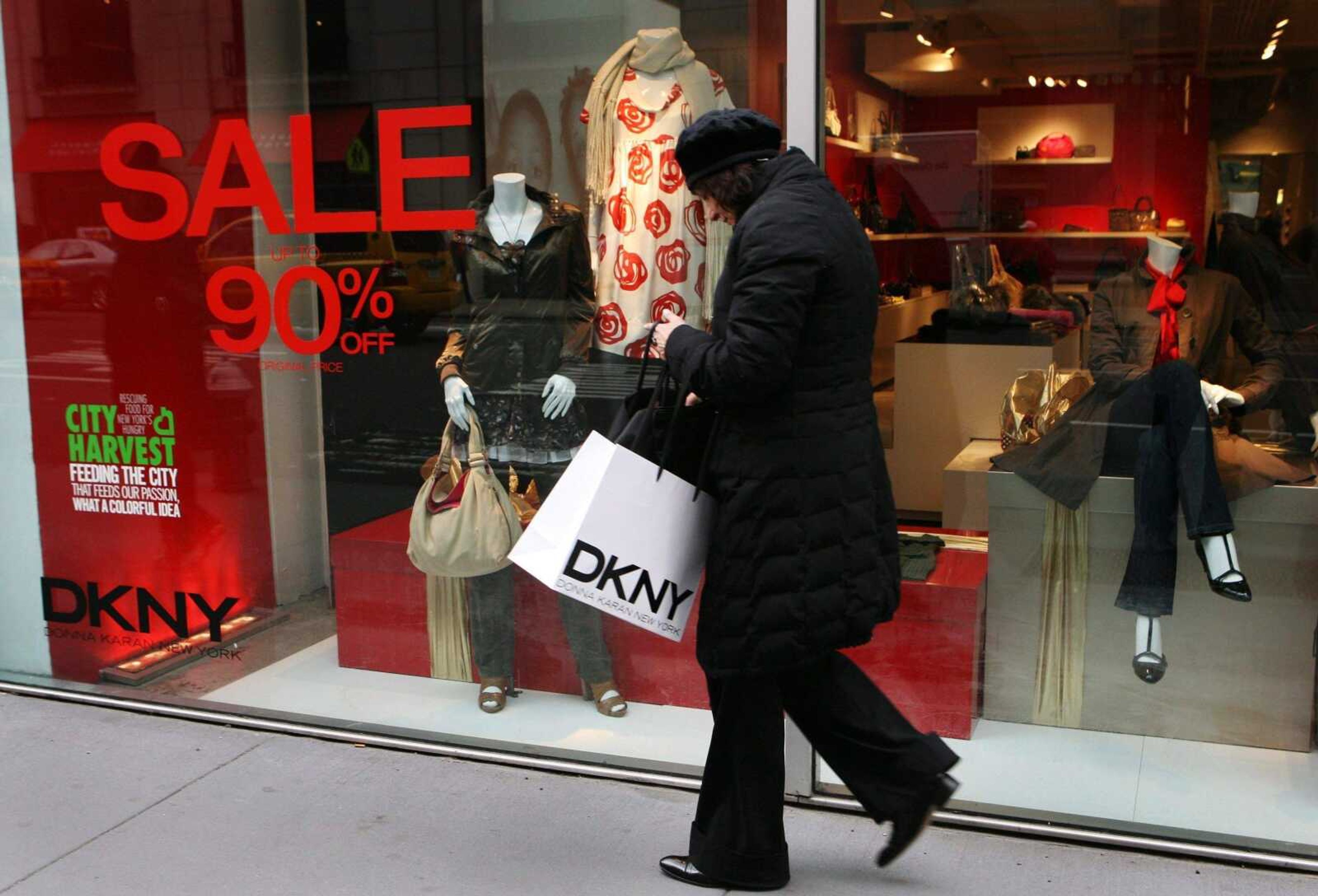Retailers change strategy to draw consumers
NEW YORK -- For years, retailers could afford to be sloppy about running their businesses because customers kept buying. No more. Stung by the worry that shoppers -- who cut spending by the most dramatic amount in at least 39 years in the 2008 holiday season -- may not start spending again for a long time, stores are making drastic changes. ...
NEW YORK -- For years, retailers could afford to be sloppy about running their businesses because customers kept buying.
No more.
Stung by the worry that shoppers -- who cut spending by the most dramatic amount in at least 39 years in the 2008 holiday season -- may not start spending again for a long time, stores are making drastic changes. They are cutting out marginal suppliers, hiring outside experts to keep inventory lean, holding special events for those who are still buying and making extraordinary efforts to gauge customer satisfaction.
The new discipline will be mostly good news for shoppers, who will find stores less cluttered and see an array of products at lower prices, from ordinary groceries to jeans from brands they could once only aspire to.
Of course, the downside is that consumers who want something out of the ordinary -- an olive green prom dress, for example -- may have to look harder. Stores are rooting out offbeat, unpopular colors and styles, which will mean fewer choices.
Sales clerks are also checking back with customers to see if they're satisfied with their purchases.
"We are in a sea change," said Millard "Mickey" Drexler, J.Crew's chairman and chief executive and former CEO of Gap Inc.
Pricing goods within reach of strapped customers is also a big focus, given the way consumers have stopped shopping. Same-store sales, or sales at stores opened at least a year, fell 2.3 percent in November and December together, according to the International Council of Shopping Centers. And the worsening sales slump in January has many worried about the industry's prospects over the next few months.
Weaning customers off discounts is a big challenge for the industry, as people have gotten used to them.
For the last two years, many of the best-run nation's stores like J.C. Penney Co. had been reducing inventories in response to the consumer spending slowdown. But no one anticipated the severe retrenchment that hit in September as the financial meltdown ravaged shoppers' retirement accounts, reduced credit availability and resulted in massive layoffs across industries.
As shoppers simply stopped buying, stores were forced to discount as much as 75 percent off in some cases even before the official start of the holidays -- resulting in the weakest season since at least 1969, when the ICSC index began.
Connect with the Southeast Missourian Newsroom:
For corrections to this story or other insights for the editor, click here. To submit a letter to the editor, click here. To learn about the Southeast Missourian’s AI Policy, click here.









